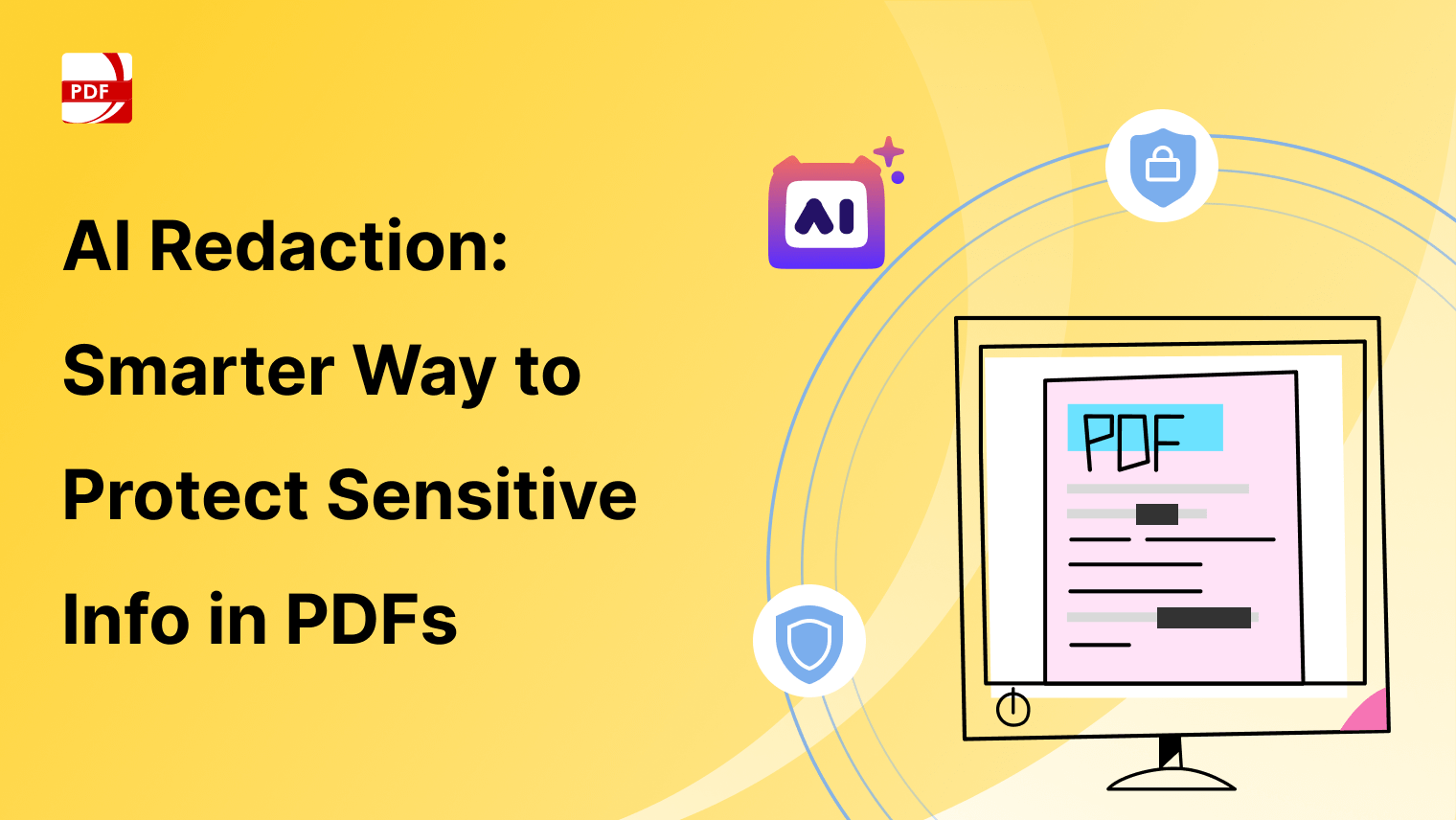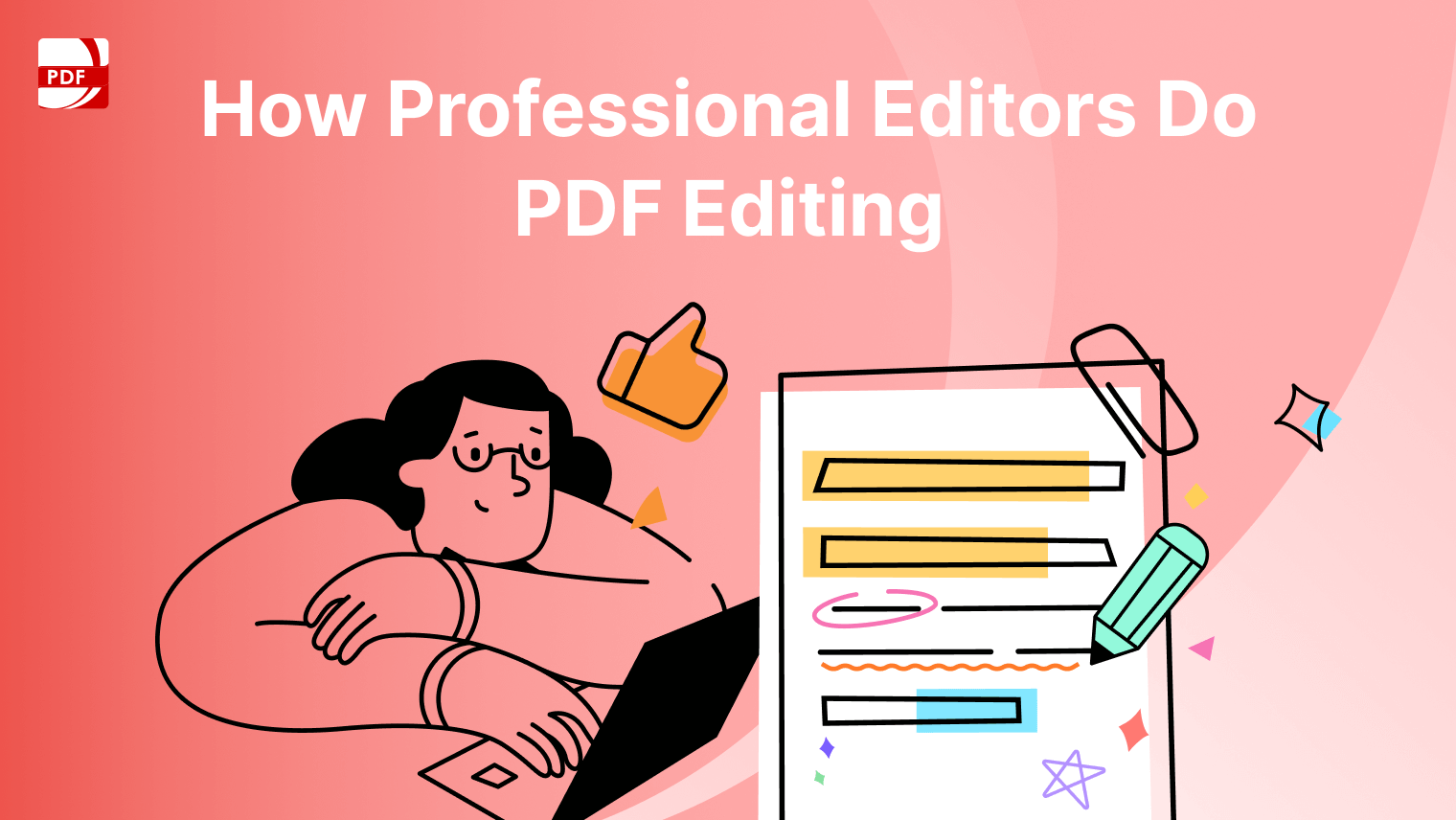In Upton Sinclair's "The Jungle," I find myself deeply absorbed by its raw and unflinching portrayal of the early 20th-century American industrial landscape.
This novel, which is a seminal work of muckraking journalism turned narrative, exposes the harrowing conditions of the meatpacking industry, invoking a powerful and disturbing call for reform and empathy towards the plight of the working class.
"I aimed at the public's heart, and by accident I hit it in the stomach." — Upton Sinclair

Sinclair famously noted this about the impact of his work, underscoring that while his goal was to stir sympathy for workers' plight, the public reacted with outrage over food safety, leading to significant reforms in food regulations.
This quote reflects the sometimes unexpected pathways through which literature can influence society.
"They use everything about the hog except the squeal." — Jurgis Rudkus

This stark remark by Jurgis about the meatpacking industry's efficiency at the cost of ethics highlights the brutal and dehumanizing aspects of industrial practices. It's a vivid reminder of the period's capitalistic exploitation.
"It was all so very businesslike that one watched it fascinated. It was pork-making by machinery, pork-making by applied mathematics." — Jurgis Rudkus

Jurgis's observation of the disassembly lines in the packing plants illustrates the cold, calculated nature of industrialization, which strips away any sense of the personal or humane in the name of efficiency and profit.
"There is one kind of prison where the man is behind bars, and everything that he desires is outside; and there is another kind where the things are behind the bars, and the man is outside." — Jurgis Rudkus

This philosophical musing by Jurgis on the nature of freedom and entrapment reflects his realization of the economic and social cages that bind the working class.
"When people are starving, they cannot be governed by ideals." — Jurgis Rudkus

Jurgis's reflection on the priorities of the desperate highlights the basic human struggle for survival, which can override all other moral and political considerations.
"I will work harder!" — Jurgis Rudkus

Jurgis's repeated resolve throughout his trials speaks to the immigrant ethos and the belief in hard work as a path to success, despite the systemic barriers that challenge this ideal.
"The great corporation which employed you lied to you, and lied to the whole country—from top to bottom it was nothing but one gigantic lie." — Jurgis Rudkus

This bitter realization encapsulates Jurgis's awakening to the widespread corruption and deceit within capitalist systems that exploit the many for the benefit of a few.
"So long as we have wage slavery, it matters not in the least how favorable are the conditions under which the men and women work." — Jurgis Rudkus
Jurgis's shift towards socialism reflects his belief that systemic change is necessary to truly improve the lives of the working class, beyond superficial improvements.
"Ours is a world where people don't know what they want and are willing to go through hell to get it." — Jurgis Rudkus

This cynical view of human nature and desire reflects the disillusionment and confusion faced by many in the pursuit of the American Dream.
"To Jurgis the packers had been equivalent to fate; Ostrinski showed him that they were the Beef Trust." — Jurgis Rudkus

The revelation that his struggles are not merely bad luck but the result of deliberate exploitation by powerful interests opens Jurgis’s eyes to the realities of capitalist monopolies.
Download The Jungle for Free
Image source: Wikipedia
Read “The Jungle” on PDF
Download PDF Reader Pro to quickly and easily enable “Read Mode” for a pleasant reading experience on your desktop, tablet or phone.
If you liked this collection of quotes, you will also like our list of classic romance novels, available to read about, download and to import to PDF Reader Pro, right here on our blog.





 Free Download
Free Download Free Download
Free Download





 Support Chat
Support Chat